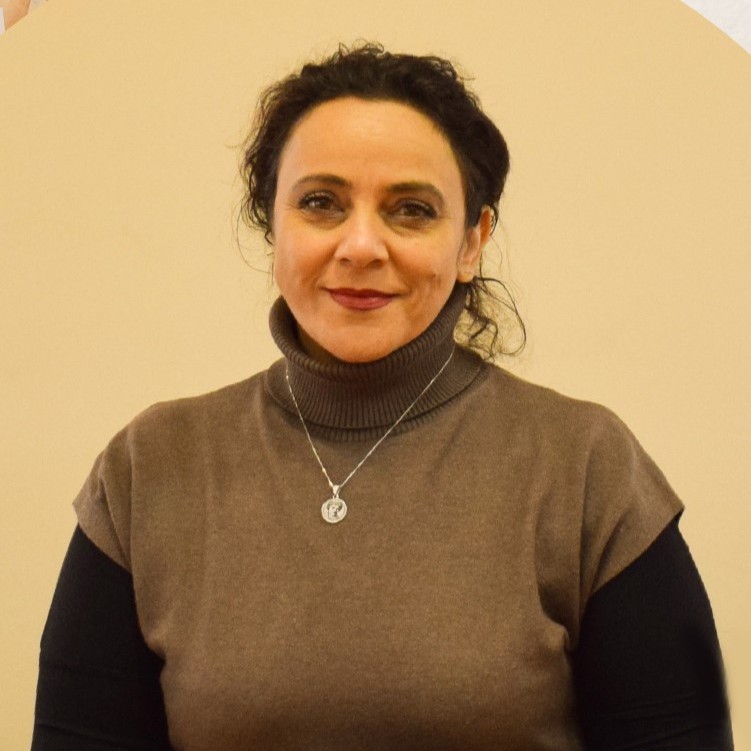If I would be asked to give Caritas a human face, I would give it a woman’s face.
We do not need to do a serious research to find out that the majority of care workers in Caritas are women. It is just visible! At the same time, research has shown that the majority of top management in Caritas in the Europa region is men.
Promoting women’s leadership is not about women doing things better than men; it is all about doing things together for the best of the humanity. God gifted men and women with different strengths, perspectives and approaches for this purpose. If the majority of our structures are male-led, then we waste the women’s perspective which may greatly help Caritas to develop comprehensive policies and effective structures for the implementation of the organisational goals.
I never thought about me, being a woman, while I was advancing in my career. Professionalism has a human face, and I would never want to be elected to any of my positions just because I am a woman, the way I would not want to be excluded for the same reason.
Very often the family is mentioned as a hindering factor for women’s advancement. If we want women to be more involved in decision-making positions and devote time to their professional life, the only thing that we need to do is to build supporting structures around them. Building a supporting structure does not mean making them a charity case by saying that we need to ease the process for them or treat them differently, it means creating a working environment where women will be able to perform to their best ability.

Anahit Mkhoyan, Director, Caritas Georgia
For example, in Caritas Georgia, when we had one of our woman employees going for maternity leave, we kept her contract and the full salary for three months, and after three months she came back to work with a flexible schedule and opportunity of working from home. She performs very well in this setting, and we were able to keep our valuable team member. We integrated this rule into our Internal Staff Regulations to be practiced for other women employees as well. Caritas can always integrate internal policies which will cover the imperfections in the laws of the countries, without conflicting with those laws.
Many times, especially in patriarchal societies, we, women are expected to prove that we are strong and capable enough to hold responsible positions. This proving process sometimes is more challenging than any professional assignment. When we talk about equality between men and women, we concentrate more on women’s empowerment and forget about educating and preparing men to operate in a more equal setting. For example, in Armenia we are investing in educating male social workers to work with people with disabilities. If we have more men working as social workers, gradually the understanding that the social work is the woman’s job will diminish. The same thing we can do for many of the jobs that are considered women jobs.
We need to work in the direction of making men and women allies, not to foster the understanding that someone is taking someone else’s role. It is not women that need to be in leadership positions, but it is Caritas that needs them to be there because we need balance in all levels and equality is the path to the balance. At the same time, we, women, have to acknowledge that we are not allowed to avoid taking more responsibility if God calls us for an action, because He is always there to help us to overcome the challenges.
